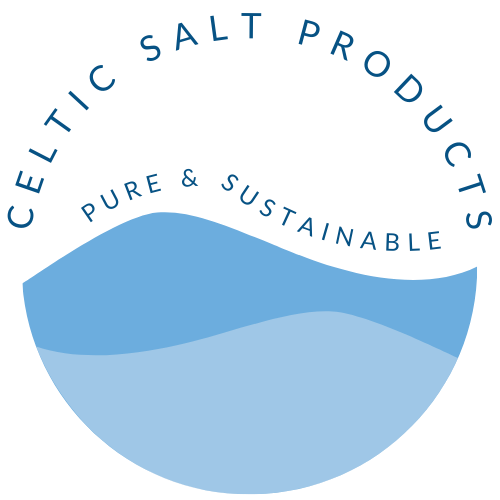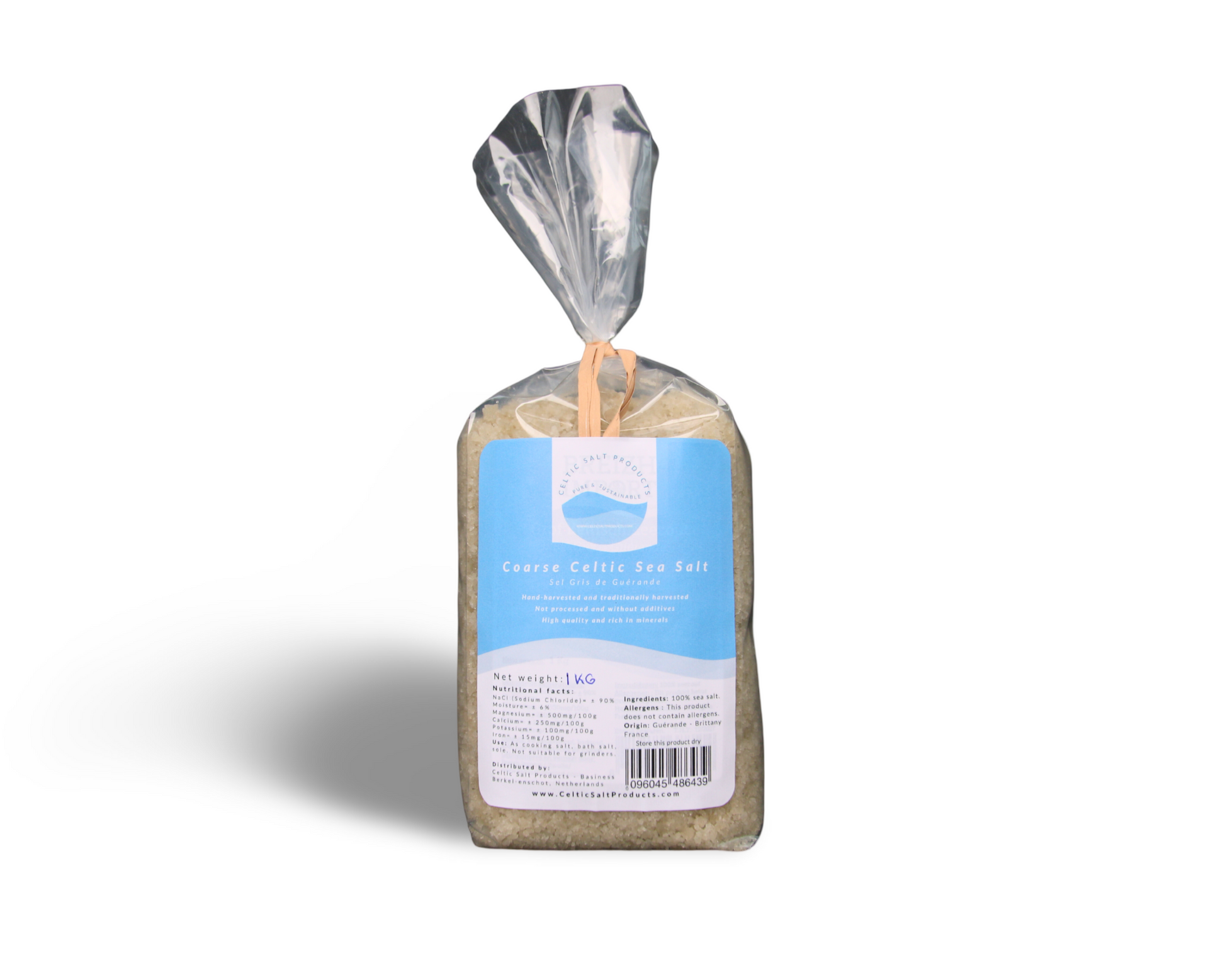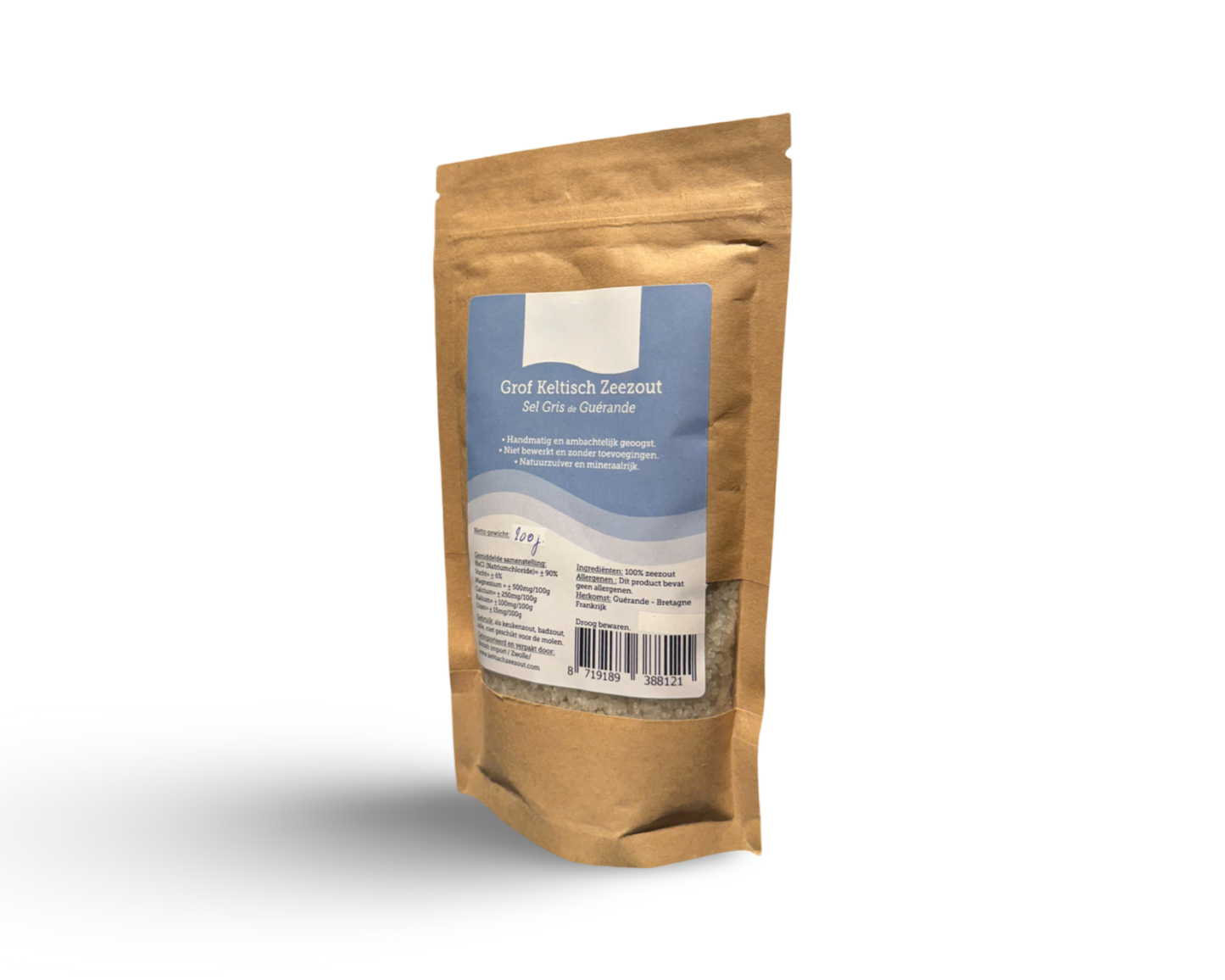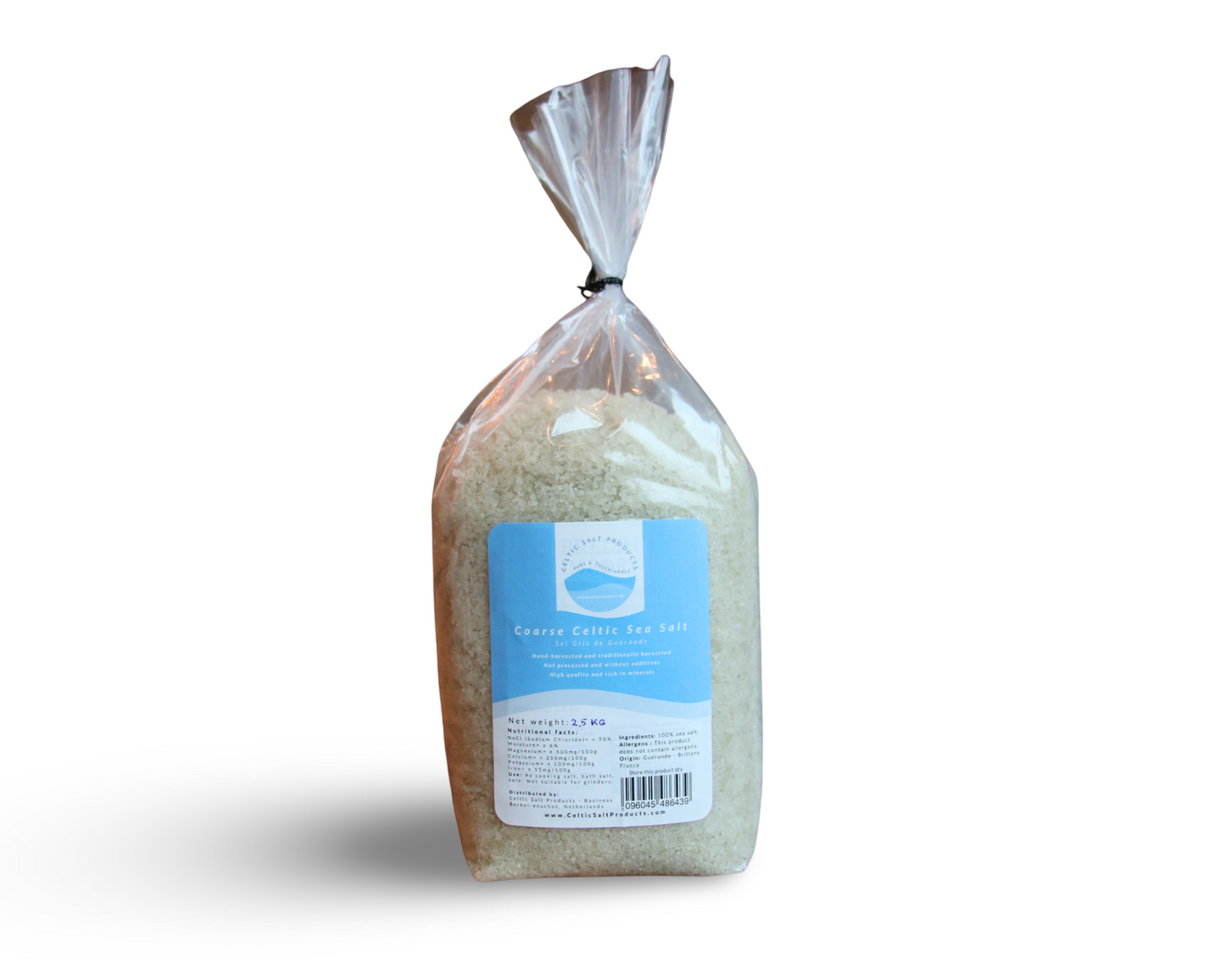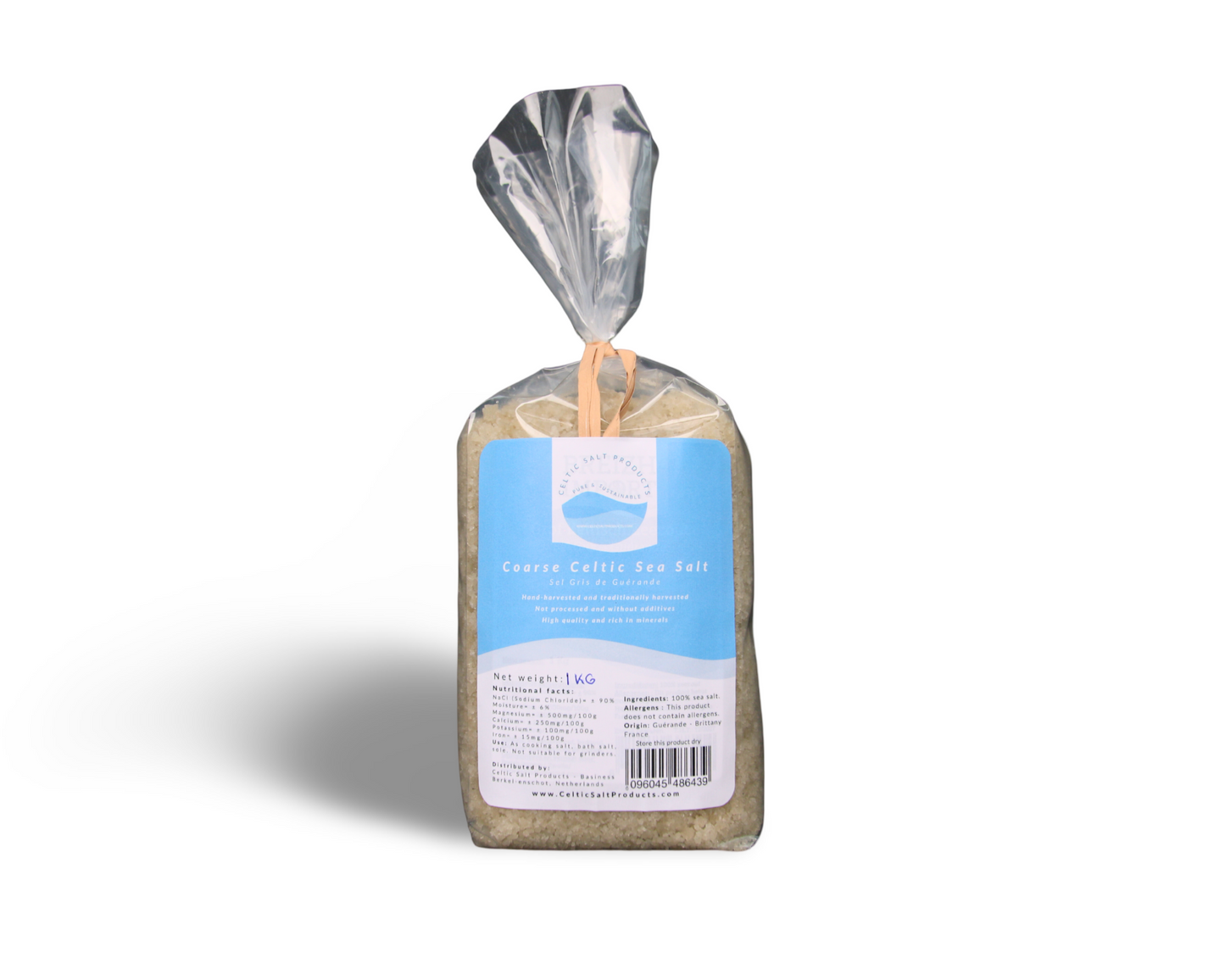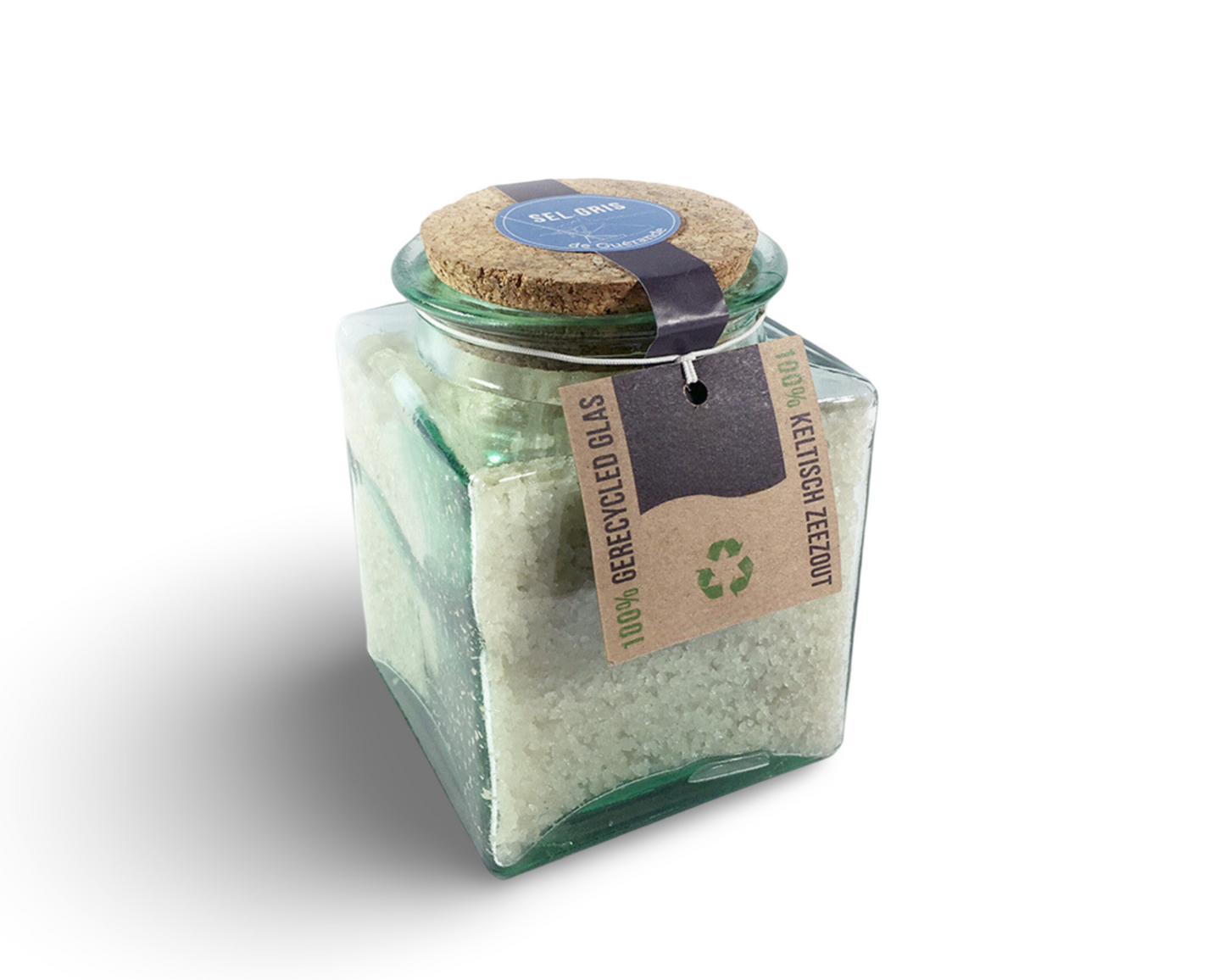Celtic sea salt, a type of sea salt that originally comes from the coastal areas of France, has gained popularity in recent years for its unique mineral content and potential health benefits. Unlike regular table salt, which is heavily processed and often contains additives, Celtic sea salt is minimally processed and retains a rich mineral profile. This blog post will delve into the benefits of Celtic sea salt and guide you on how much you should consume daily.
What is Celtic Sea Salt?
Celtic sea salt is harvested using traditional methods where sea water is evaporated in clay ponds, allowing the salt crystals to retain trace minerals and elements. The salt is known for its moist texture and a slight greyish hue, due to the clay from the salt flats where it's collected.
Health Benefits of Celtic Sea Salt
- Rich in Minerals: Celtic sea salt is celebrated for its mineral content, including magnesium, potassium, calcium, and trace amounts of other essential nutrients.
- Electrolyte Balance: The minerals in Celtic sea salt can help in maintaining the body’s electrolyte balance, which is crucial for muscle function and overall hydration.
- Alkalizing: It can help in balancing the body's pH levels, promoting better health.
- Improves Digestion: The trace minerals in Celtic sea salt can stimulate the production of digestive enzymes, aiding in the digestion process.
Recommended Daily Intake
While Celtic sea salt offers numerous health benefits, moderation is key. The recommended daily intake of salt, according to the American Heart Association, is no more than 2,300 milligrams a day, moving toward an ideal limit of no more than 1,500 mg per day for most adults.
Given the slightly higher mineral content in Celtic sea salt, you might need slightly less than you would with regular table salt. A good rule of thumb is to use Celtic sea salt as you would any salt - sparingly and as part of a balanced diet.
Usage Tips
- Cooking: Use it as a finishing salt on dishes to add a burst of flavor and nutrients.
- As a Mineral Supplement: Some people add a pinch of Celtic sea salt to their water to boost mineral intake.
- Salt Baths: For skin conditions or to relax muscles, adding Celtic sea salt to baths can be beneficial.
Conclusion
Celtic sea salt can be a healthy addition to your diet when used in moderation. Its rich mineral content offers several health benefits, but it's important to remember that it should be consumed within the recommended daily salt intake limits. As with any dietary change, it's always best to consult with a healthcare professional, especially if you have health concerns like high blood pressure or kidney disease.
Enjoy the unique flavor and health benefits of Celtic sea salt, but always remember the golden rule of nutrition: moderation is key.
